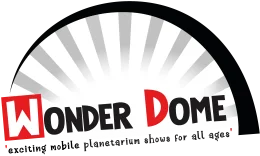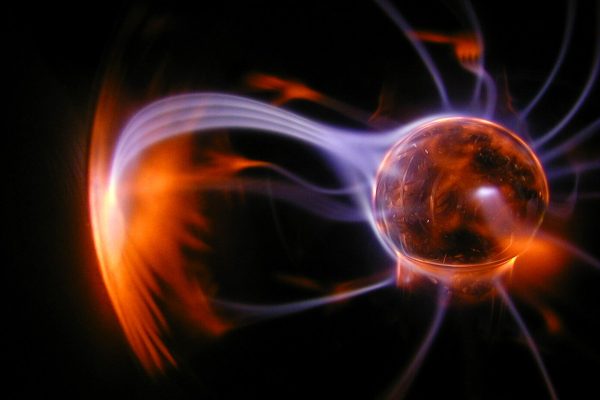What would have happened to the Earth if the Sun suddenly turned into a black hole? That was the most frequent question we’ve been asked this Autumn.
And if you are already imagining the Earth spiralling towards the black-hole-Sun, being spaghettified and other similar horrors, you are not the only one! Let us put your fears to rest once and for all. None of those awful things are going to happen in real life!
LIFE CYCLE OF THE SUN
First of all, the Sun is never going to turn into a black hole. Only the most massive stars become black holes at the end of their lives. Little stars, like the Sun, die in a different way. When these stars burn up all the hydrogen in their cores, they swell into red giants. Their cores contract while various outer layers form and continue to expand. At the end, these stars leave behind a very dense core, a so-called white dwarf, surrounded by a shell of gas, a planetary nebula. White dwarfs are “dead” remnants, i.e. no nuclear fusion is happening in their interiors. Newborn white dwarfs are very hot. With time these objects cool down and become black dwarfs, i.e. stellar corpses that emit no light or heat. The cooling down happens so slowly, that astronomers believe that not a single black dwarf has been formed yet.
Conclusion 1: white dwarf and, eventually, black dwarf, is the future of the Sun and most other stars you see in the night sky!
WHAT IF
OK, let’s imagine for a second that the Sun did turn into a black hole. What would it be like for us? Well, the black-hole-Sun will not be giving out any light or heat, so prepare for miserable existence in freezing cold and pitch black environment. You will not be able to see the Moon and our neighbor planets on the permanently dark sky anymore, only stars. But here is good news: our black-hole-Sun will be so small, that “gravity-wise” we would hardly notice any difference. Even if the Sun somehow converted into a black hole without the initial expansion, explosion and, inevitably, mass loss that normally accompany such transformation, a solar mass black hole will still be tiny!
Black holes are about mass squeezed into a point of infinite density, called singularity. The more massive object you squeeze, the larger its event horizon (the point of no return) is and the further away from a black hole a stable orbit of a planet would be. For the simplest case of a non-rotating black hole, the size of the event horizon is determined by its Schwarzschild radius. A small, solar mass black hole would have a Schwarzschild radius of about 3 kilometers. Therefore any planet orbiting more than 3 kilometers away from the centre of the Solar System would be safe! Of course, you may argue that the Sun does spin and so will the black hole. And you will be absolutely right! But in that case the event horizon will be even smaller.
Conclusion 2: the Earth would have orbited a solar mass black hole just as it currently orbits the Sun
LIFE ON A PLANET ORBITING A BLACK HOLE
As for the living things on our planet, life on Earth, even though it will stay on its current orbit, will not be a picnic. As the temperature on Earth drops, the surface water will quickly freeze. Without sunlight, photosynthesis will cease and plants and, consequently, plant eating species will die out. Humans might be able to survive underground using geothermal energy for heating and to generate electricity. Don’t fancy living underground? You will be surprised to hear that underground living becomes increasingly popular these days, even with no threat of the Sun turning into a black hole. Earth sheltered houses, either underground ones or bermed (that means one side is exposed and others are covered by earth), provide excellent protection from natural disasters, elements and noise pollution. You can go to Efficient Earth-Sheltered Homes to find out more.
Conclusion 3: with science on our side we might be able to survive living near the black-hole-Sun. Maybe.
More questions?
- Check our other Q&A posts, such as What if the Earth crashed into another planet? and Ask Wonderdome!
- Send your questions to our portable star dome team
- Visit one of our inflatable planetarium space shows

